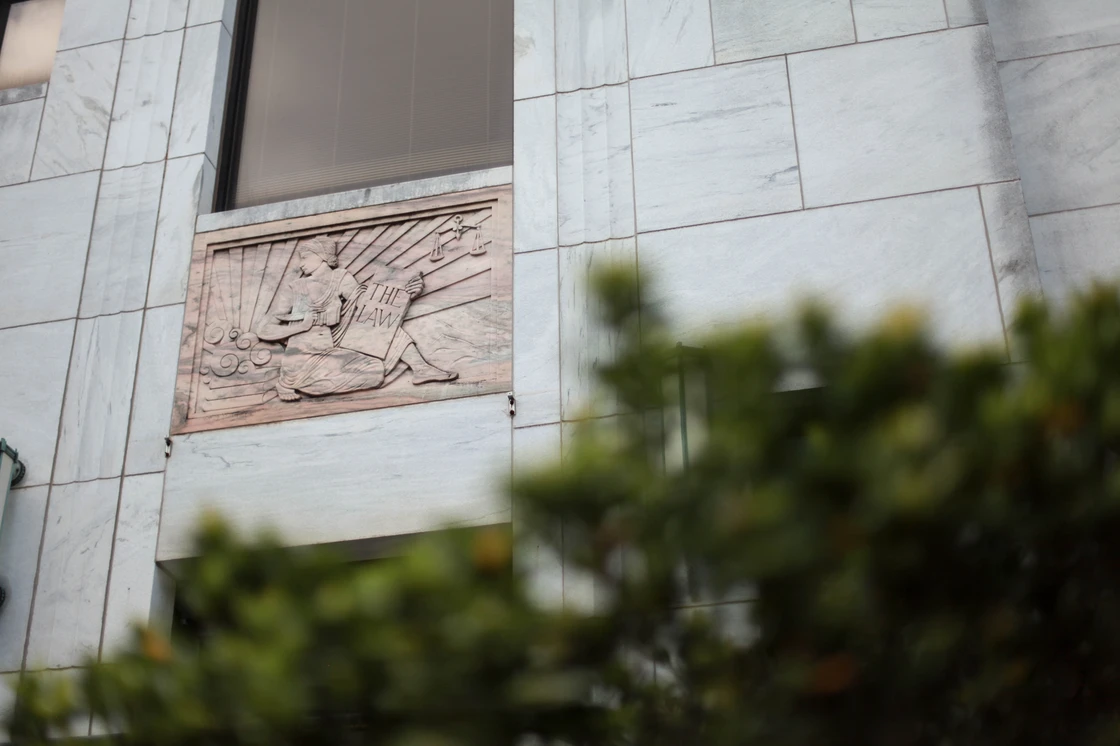Q: I was arrested. When I saw a Judge for the first time she asked if I wanted to have a committal hearing. What is a committal hearing and is it an important part of my case?
A: This is a common question that I get asked by people who have never been arrested before (and sometimes from people who have been). When a person is first brought before the Magistrate Court Judge for bond to be set they normally don’t have the benefit of advice from a criminal defense attorney. When the Judge asks the person whether or not they want a committal hearing, most people don’t know what a committal hearing is or whether or not it is a valuable part of their criminal defense.
A committal hearing (also called a commitment hearing or probable cause hearing) is held to determine whether the officer had probable cause to arrest the person for the crime charged. At this hearing, the State will present evidence and witnesses to show that probable cause existed for the officer to make the arrest. Once the State finishes asking the witness questions either you or, preferably, your attorney will have an opportunity to cross-examine the witness. You can also testify, and be cross-examined by the State, but normally at this early stage of the case I recommend holding the State to their burden and maintaining your right to remain silent. Upon conclusion of the evidence presented by any witnesses the Judge rules on whether or not the State has shown probable cause for the arrest charged.
Knowing what a committal hearing is, you may still be asking: how does this help me? The answer can be broken down into two main purposes. The primary purpose is that of defending your right to have an impartial Judge decide whether or not you should have been arrested in the first place. If the Judge finds that the arresting officer didn’t present enough evidence then the warrant will be dismissed. The dismissal of the warrant will either result in your release from jail or the dismissal of any bond conditions by which you may have been ordered to abide. If the Judge does find that there was probable cause to arrest you for the crime charged then the Judge will send the charges to the appropriate court where your case will continue.
The secondary purpose of the committal hearing is to gather evidence at the earliest possible opportunity. Since your attorney can question any witnesses that will be used against you, you have the chance to learn more about why you were arrested and if there are problems with the State’s case. If the hearing is recorded or transcribed then these early statements by the arresting officer can be valuable evidence if you later need to prove your innocence to a Judge or jury.
The above purposes show that a committal hearing can be an important part of your criminal defense. When asked by the Judge if you want to have a committal hearing your answer should normally be “yes”. Then, if you don’t already have one, you should hire a criminal defense attorney as soon as possible. Committal hearings are normally scheduled only a week or two after an arrest and your attorney will need as much time as possible to prepare your best defense.

